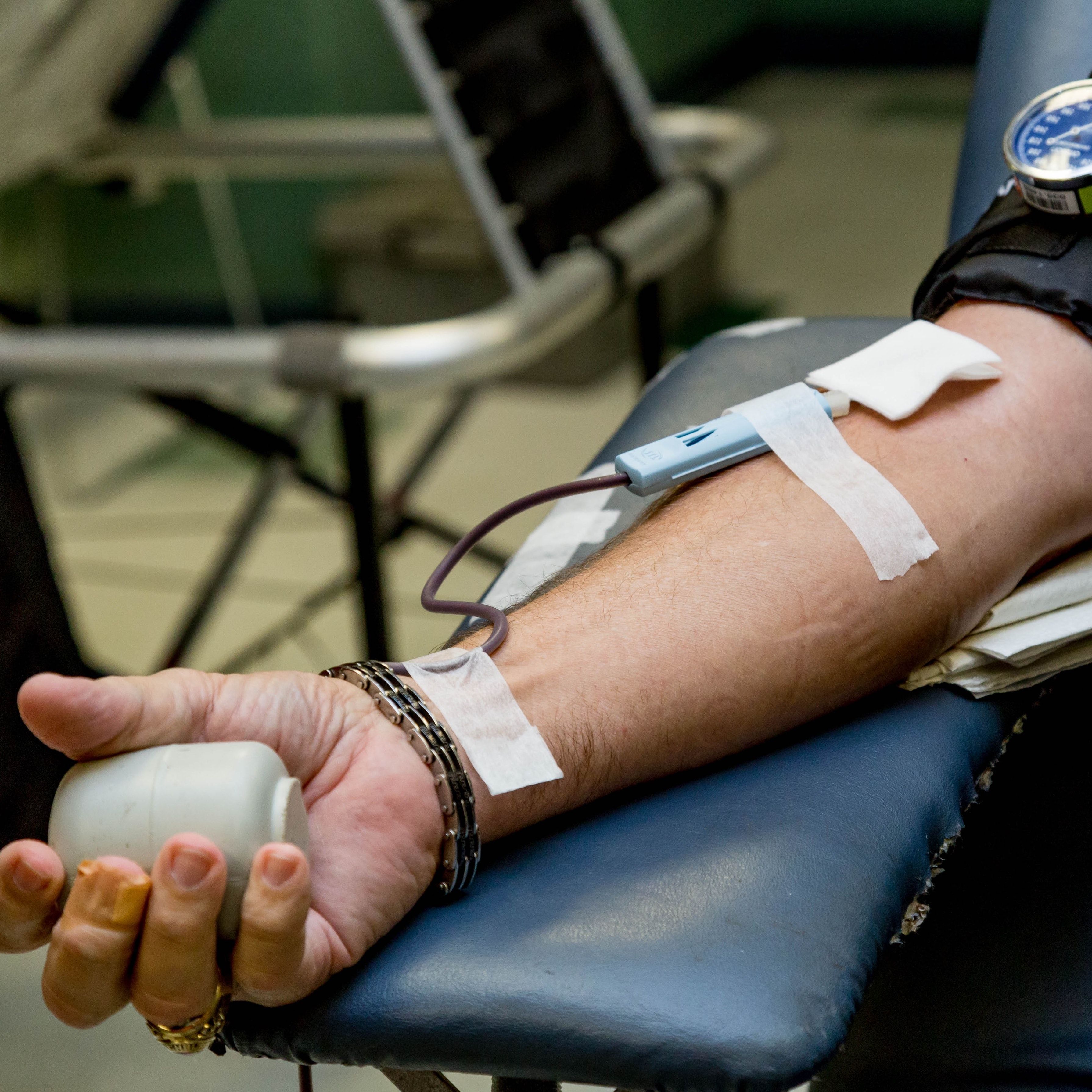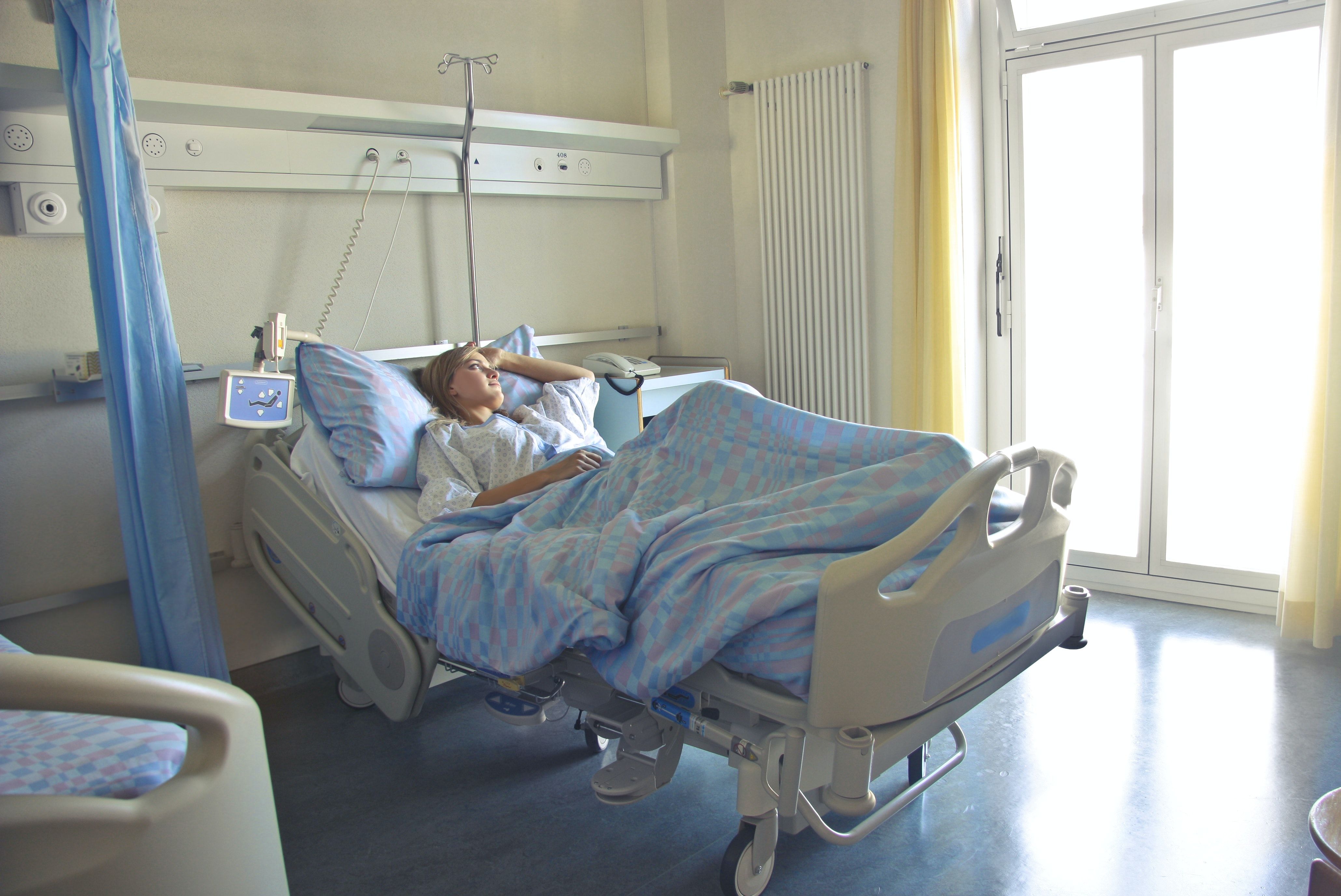Video
Considerations for First-Line Therapy in HIV Infection
Joseph Eron, MD: There’s this move to start people early—maybe very soon after diagnosis. Are there groups of people who you might really want to start with right away? Who would those people be, Dan?
Daniel Kuritzkes, MD: For somebody who presents with acute infection, who has symptomatic disease because they are going through new infection and they have the flu-like illness, we really want to get them on treatment right away. The reason we want to do that is because they typically have very high viral loads. And so, they are at greatest risk for transmitting to their partners. That’s why getting them on therapy is going to be so important. There’s also good evidence regarding the individual health benefits in acute infection, when going on treatment right away, and better preserving CD4 counts, and the like.
Eric Daar, MD: Yes. That’s been an ongoing area of research. I think the public health perspective is huge, as you pointed out. It has to be true that these are people with high viral loads. We also know that their behaviors put them at high risk.
Joseph Eron, MD: They’re at high risk, right? They just got infected.
Eric Daar, MD: Exactly. So, the public health part, I think, is a slam dunk for early therapy in those people. And then there are all of the biologic reasons. There are data that demonstrate that starting early translates into a higher CD4 set point, which may or may not be clinically relevant. But it certainly can’t be a bad thing. And then there are all of the other potential benefits, as far as decreasing the size of the reservoir. We’re not going to spend a lot of time today talking about cure research. Dan would need an extra hour. Joe would need an extra 2 hours. But I think this is an area of interest for people. The sooner you control the disease, it may be that the reservoir is smaller and it’ll be easier to overcome. So, I think there are a lot of potential benefits to early therapy. There’s the real public health benefit. The idea of engaging people in care, immediately, is a huge advantage in targeting this population. So, I would agree. That’s one population that we should be trying to treat as early as possible, if they’re ready to start.
Colleen Kelley, MD: It’s important to remember that this is a time period of intense immunologic damage. In someone who is symptomatic from acute HIV infection, their immune system is getting hit hard. Whatever you can do to abrogate that is probably going to be beneficial for the patient in the long run.
Daniel Kuritzkes, MD: The flip side is the people who present with very advanced diseases. Unfortunately, as many as 20% or 25% of people who are diagnosed each year are first diagnosed when they get hospitalized with an acute opportunistic infection, depending on the epidemiology of the patient. There are good studies that show that relatively immediate initiation of antiretroviral therapy, maybe not the very same day, but within a week or two, dramatically improves their survival and reduces the chance of a recurrent event.
Joseph Eron, MD: The third group that I think of, which is probably obvious, is pregnant women.
Daniel Kuritzkes, MD: Yes, of course.
Joseph Eron, MD: You don’t like to wait around until they get into the late second or third trimester, right?
Colleen Kelley, MD: Just treat.
Joseph Eron, MD: Just treat. There are obviously multiple reasons for this. Again, the transmission reason may be the biggest one, but outcomes are also improved. What types of things do we have to consider when we see a person who’s newly diagnosed with HIV? What kind of comorbid conditions or laboratory tests are important when we start thinking about therapy?
Colleen Kelley, MD: Initially, when you’re seeing someone, you’re going to want to measure their C4 count and their viral load. You’re going to check for transmitted drug resistance. Someone could be starting off at a point where the first-line regimen might not be the first choice for them. You need to know about that. And then, beyond that, it’s fairly simple. We want to see someone who has active hepatitis B infection. That’s going to determine how we treat them. We must treat their hepatitis B infection at the same time as their HIV. Then, after that, renal function is really the major thing when determining their treatment regimen. In some cases, liver disease is also important. Those are the main factors and comorbidities.
Of course, other medications that folks are on that may interact with HIV medications need to be reviewed all the time. If we’re treating for an opportunistic infection, such as tuberculosis, those medications will likely interact with what we’re going to treat the HIV with. And so, being cognizant of that and choosing a regimen that’s going to agree with the other medications that the patient’s on are also important.
Transcript edited for clarity.





